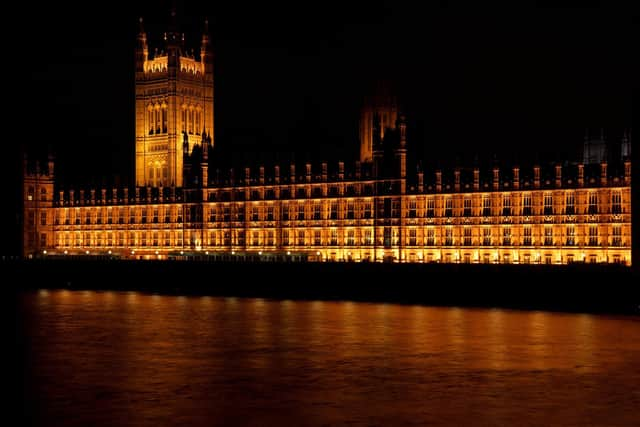Neale Hanvey: This union isn’t anyway voluntary or respectful – that’s why I lodged my Bill
and live on Freeview channel 276
In advance of first reading this time around, Christine Jardine MP referred to the Bill as “divisive and unnecessary”. In truth the Bill is anything but. It merely replicates in Scotland the provisions established by the Belfast Agreement and contained in the Norther Ireland Act 1998.
What Jardine and her supporters must confront is that it is a modest, liberal, and fundamentally democratic mechanism.
Advertisement
Hide AdAdvertisement
Hide AdIt sought to deliver constitutional parity for the Scottish people as it does not favour either side of the argument. It is also in keeping with the commitments given in the 2014 Smith Commission report and is in accordance with expert international legal opinion and the rights of peoples in the UN Charter.


Whilst I gave Christine Jardine fair warning on each of these hurdles in advance, she declined to address them in the chamber. What she delivered instead were tiresome and politicised ‘Better Together’ lines that held no relevance to the matter before the house, the equitable rights of the Scottish people.
The reason I framed the Bill in this modest way, is because it is imperative that we can demonstrate to the international community that all reasonable democratic steps have been attempted, yet it is the British State that is unwilling to accommodate them.
And this is important because according to esteemed international legal expert Professor Robert McCorquodale “The choice of the means to exercise [self-determination] is for the people to decide and not for the state”.
Advertisement
Hide AdAdvertisement
Hide AdThis is the fundamental point detractors of my efforts are missing. I didn’t present the Bill with the expectation it would be embraced by the UK Government and become law; I was making use of a parliamentary device to prove the lie that this union is in anyway voluntary or respectful.
Westminster then voted against the assurances of Lord Gladstone, Lady Thatcher and Sir John Major, against the rights established by Winston Churchill and the UN Charter, against international treaty obligations, and against the principle of equal treatment of all distinct peoples within a state.